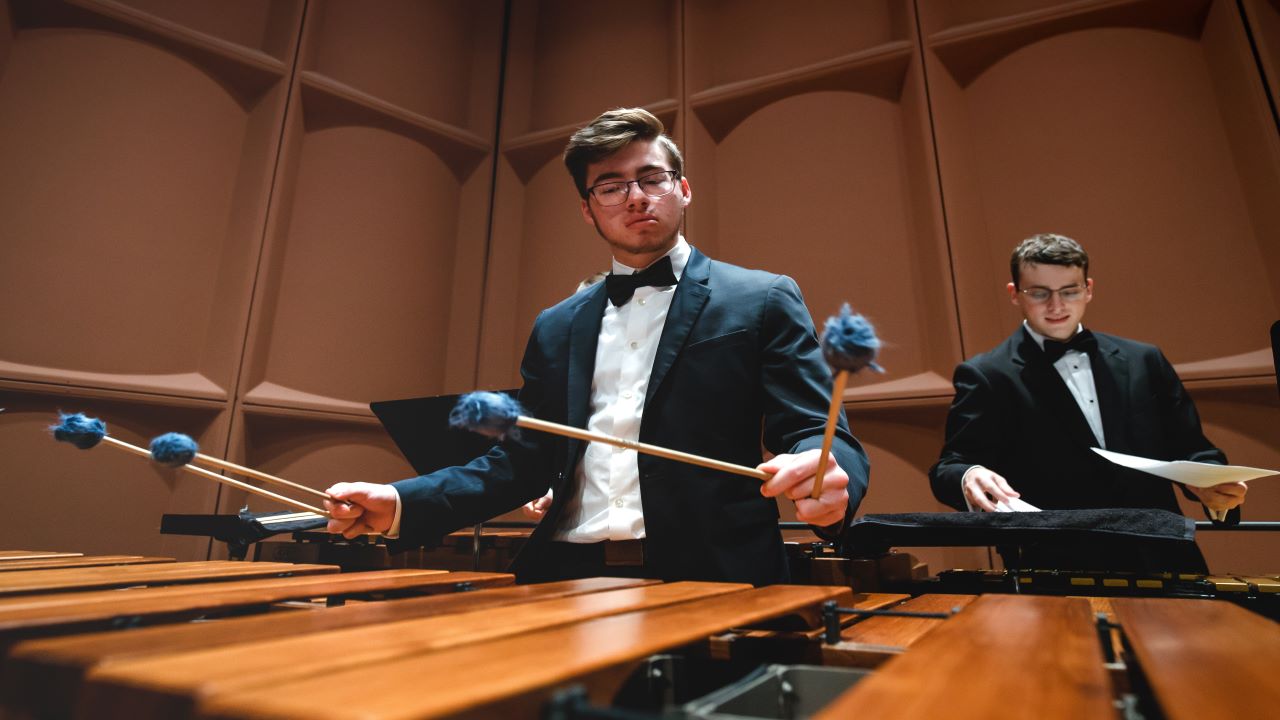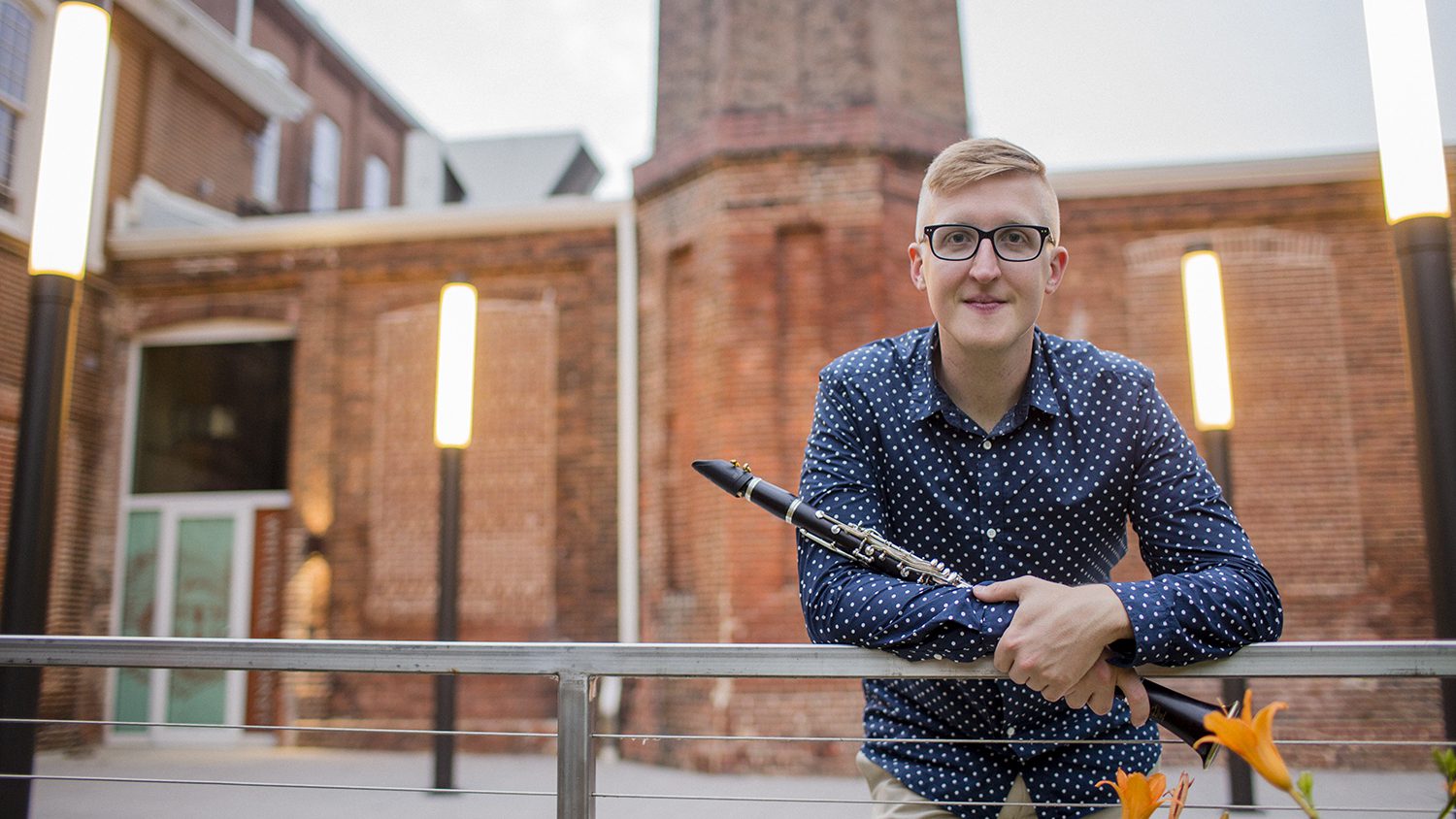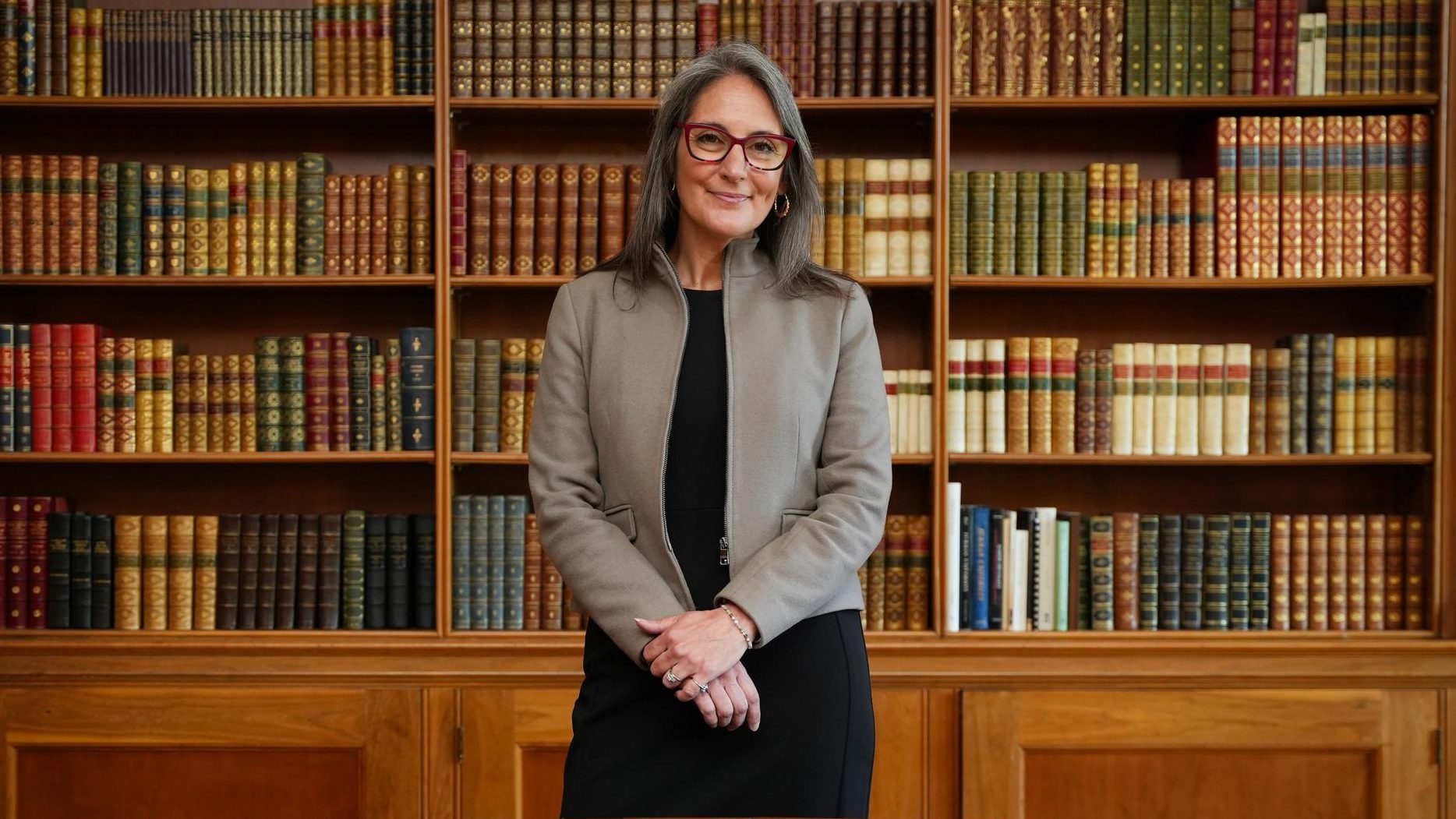Program Overview
Table of Contents
What is a music performance degree?
If you are looking into university music programs, you’ve likely had your sights set on music for a good many years. Music is who you are – it’s part of your identity. A degree in music performance is the study of an art form that transcends words on a page, numbers in an equation, a reaction between reagents in a chemistry lab. For many, the study of music is not just something you want to do; it’s something you must do.
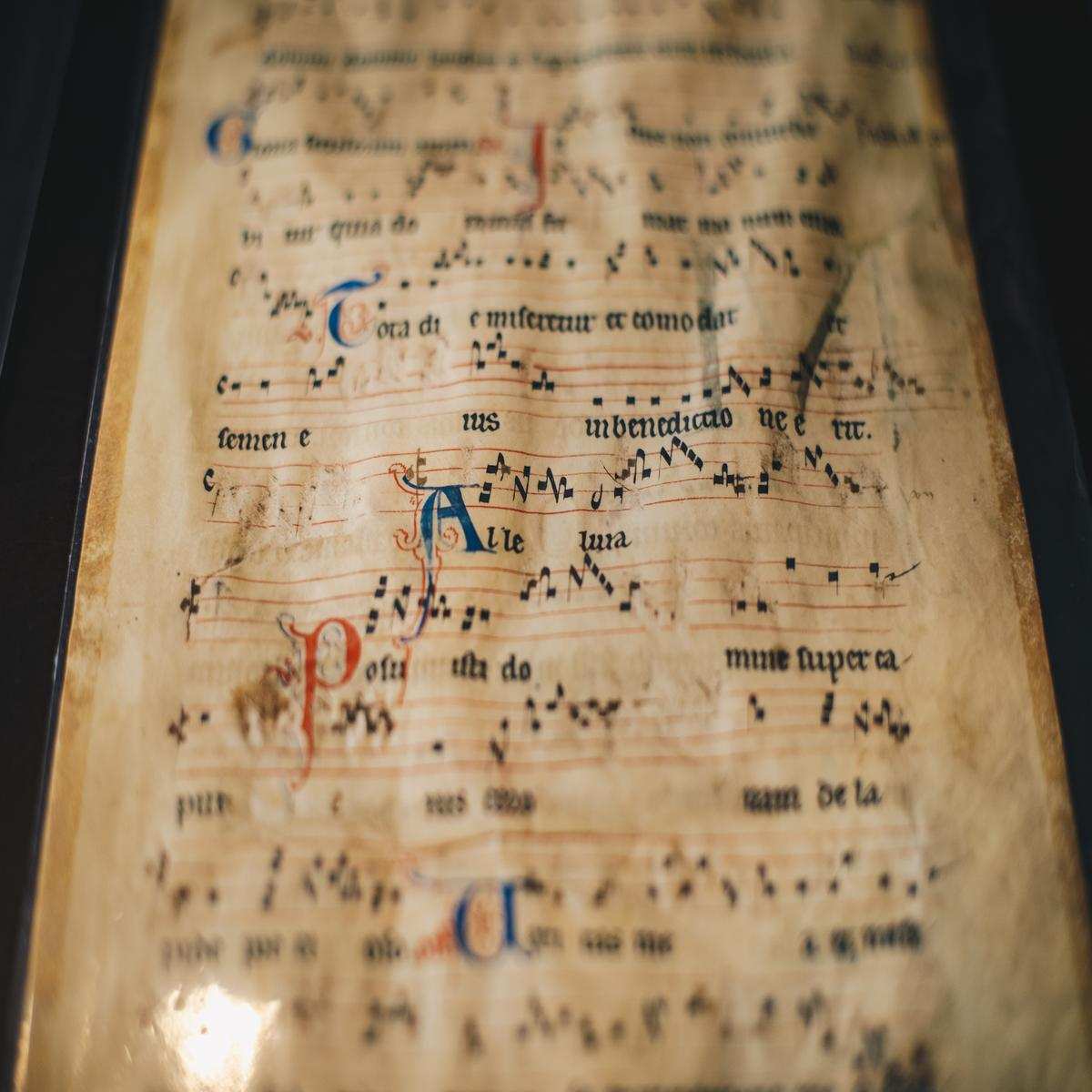
Why study music performance at Furman?
Accredited by the National Association of Schools of Music since 1938, the Furman University Department of Music is recognized as one of the highest-rated and most comprehensive among national liberal arts and sciences institutions, offering degree programs for passionate performers, composers, theorists and music educators. We attract ambitious musicians from across the globe – those who desire to major in music as well as those who wish to major in another discipline while continuing their music.
Our music performance program is designed for talented musicians who want to earn a degree that readies them for the music profession, whether go they on to graduate school or enter the field directly after undergraduate studies. Nearly 70% of our performance graduates pursue advanced degrees, and about 20% go into the field post-graduation.
Our music performance tracks are geared for vocal, piano, organ, strings, wind or percussion emphasis. You’ll find many of our alumni in faculty positions at the finest universities in the country. Others go on to careers with prestigious opera houses and companies, symphonies and other ensembles.
Imparting a conservatory-quality education, Furman’s music program and those who lead it are committed to helping you develop the skills you need to succeed in the professional world. You’ll sharpen your analytical, listening, creative, improvisation, communication, problem-solving, time management, interpretation and other skills, boosting competencies that are readily transferable no matter the career path you may take.
In Furman’s intentionally small studios, faculty are free to mentor, help you advance, assist you in exploring the right repertoire, and are integral to your overall growth as a musician. Plan a visit to Furman’s beautiful campus or start your application today. Learn more about the audition process.
How will you learn?
Develop your technique through weekly, one-on-one lessons with master teachers and acclaimed performing artists. Learn a new instrument (or two). Get to know the members of your new Furman music family, who you’ll study with over the next four years, and participate in one of our many ensembles.
Recitals, concerts, master classes, camps and conferences – with over 260 events typically offered year-round, Furman is a vibrant part of both the Furman and Greenville music scene. Abundant on-stage opportunities for displaying your talent await at Furman. And because we are an exclusively undergraduate program, you are front and center, and need not compete with master’s and doctoral candidates. It bears repeating – Furman is well positioned to expose undergraduate musicians to multiple performances and individualized instruction which prepare you to thrive in the arts world.
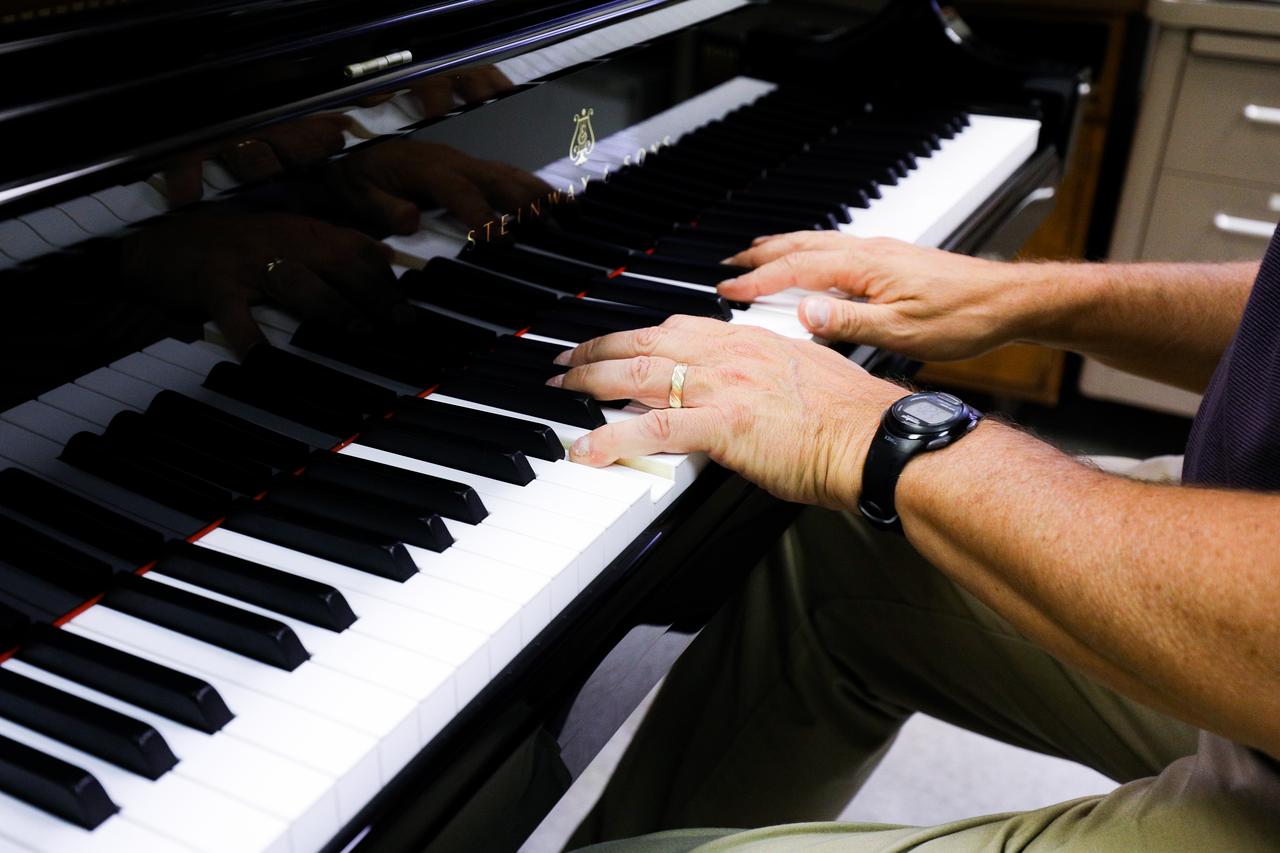
Careers for music performance majors
As a music performance major, you’ll be primed for the workforce with finely tuned analytical, listening, creative, improvisation, communication, problem-solving, team-building, time management, interpretation and other skills, which set you up for virtually limitless career options. Many of our graduates seek advanced degrees, while others have landed positions such as:
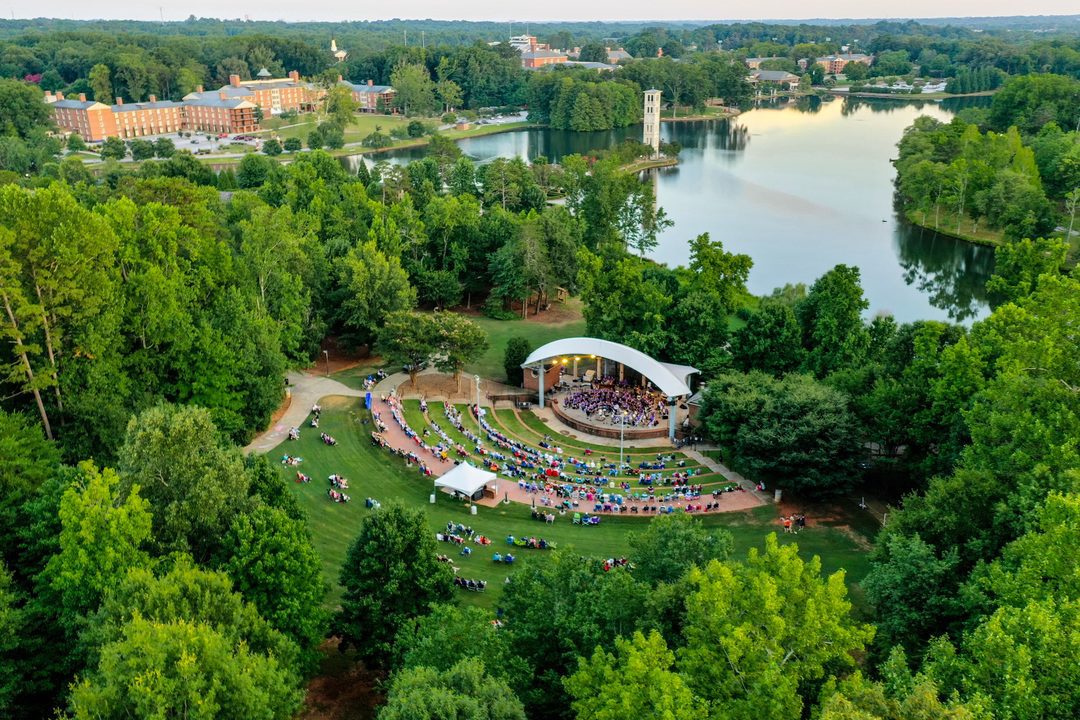
- Musician
- Singer
- Music director
- Worship music assistant
- Postsecondary teacher, instructor or tutor
- Music, dance and extracurricular instructor
- Higher education teacher
- Social and human services specialist
- Sales manager
- Business development specialist
- Product and marketing specialist
- Producer or director
- General and operations manager
- Industrial production manager
- Chief executive
- Computer support specialist
- Human resources specialist
- Recruiter
- Legal assistant
- Network and computer systems manager
- Entertainment and recreation manager
Featured music performance courses
Central to the curriculum across all music majors are weekly one-on-one applied lessons and participation in a major ensemble. Depending on your area of expertise or instrument, some sample courses you might take are listed below. Applied lessons in:
-
100%Music majors who participate in any engaged learning experience, from recitals to large ensembles, to study away, internships and research
-
68%Music performance graduates who pursue graduate school
-
48%Music performance majors who study away
What our students say
Our faculty
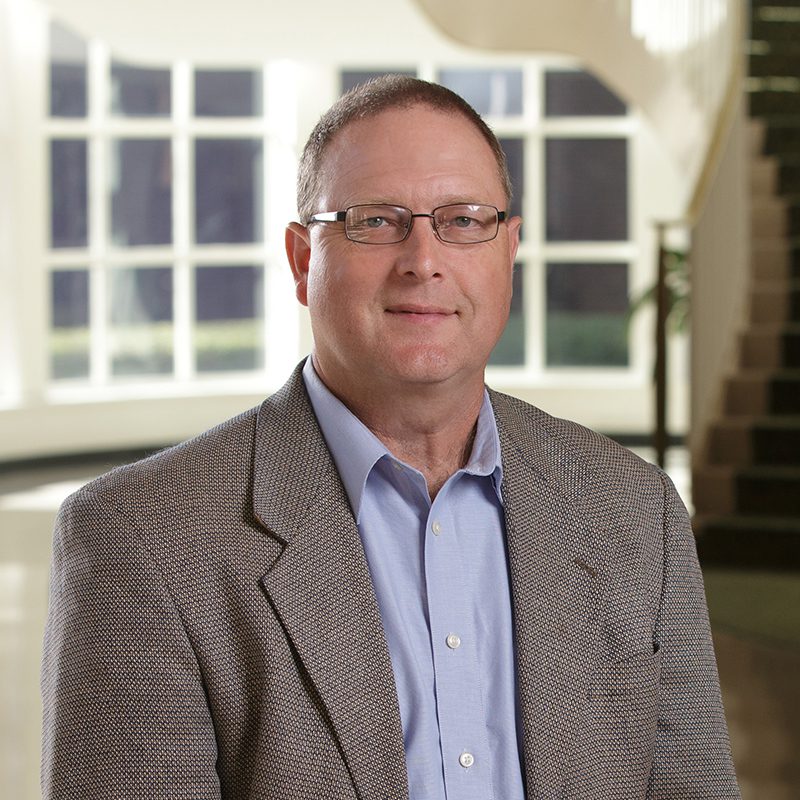
Mark Britt
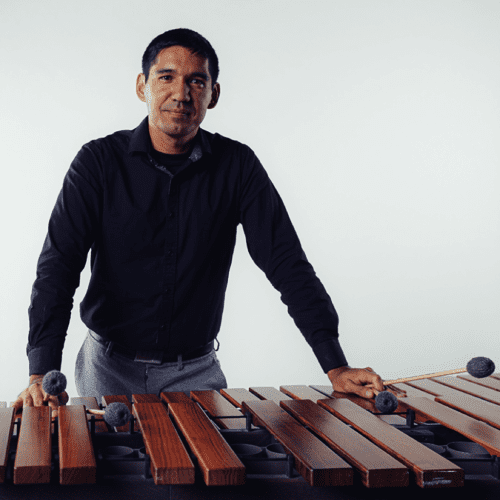
Omar Carmenates
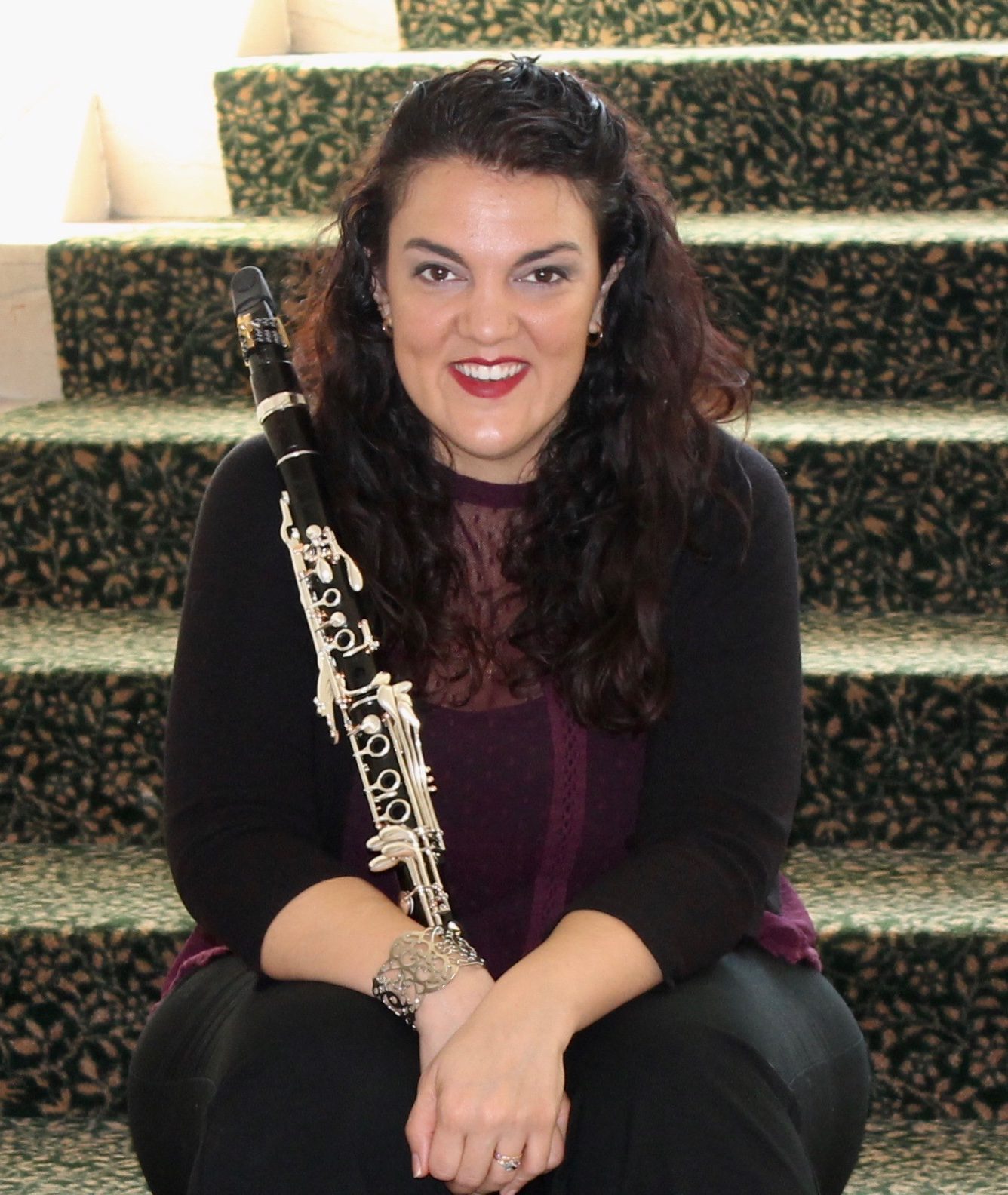
Anastasia Christofakis
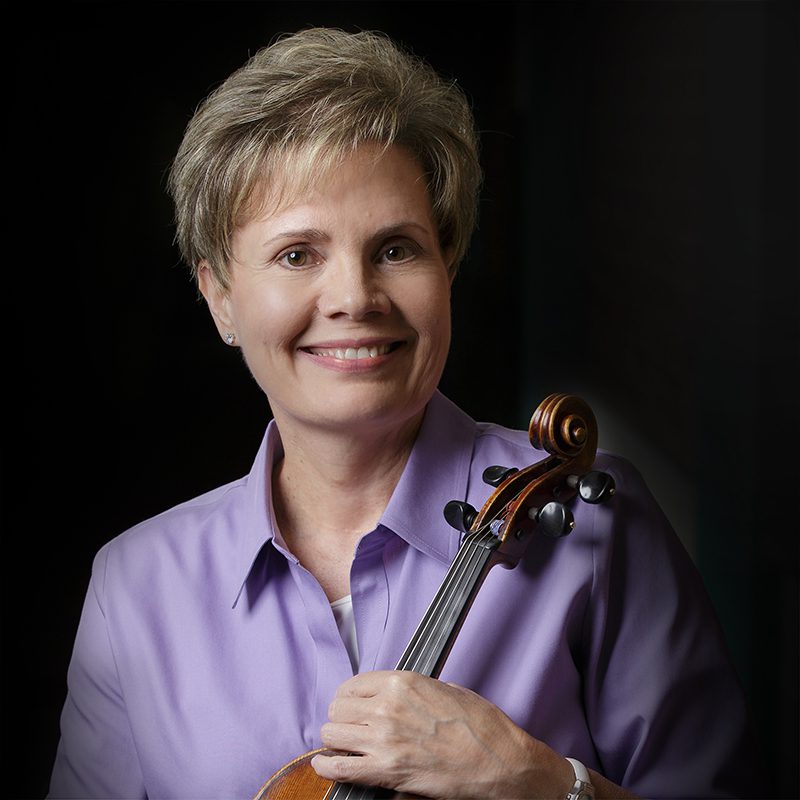
Anna Joiner
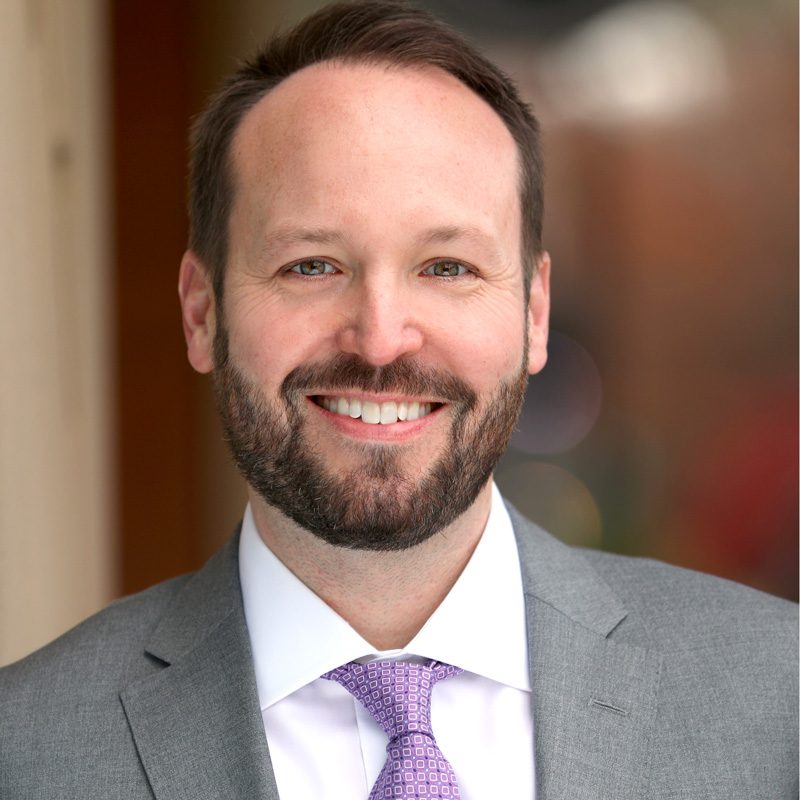
Grant Knox

Matt Olson
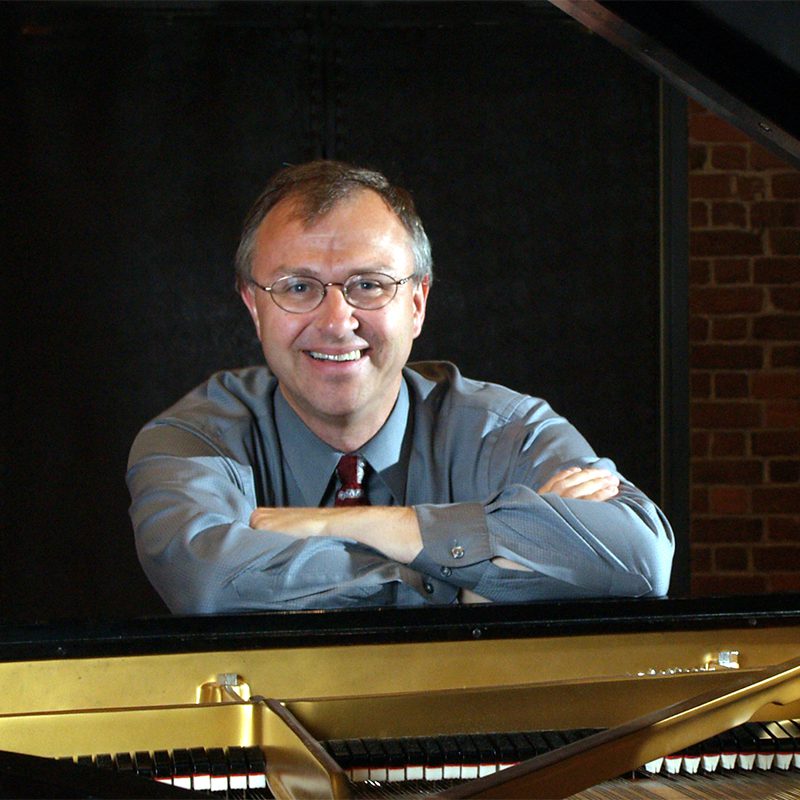
Derek Parsons
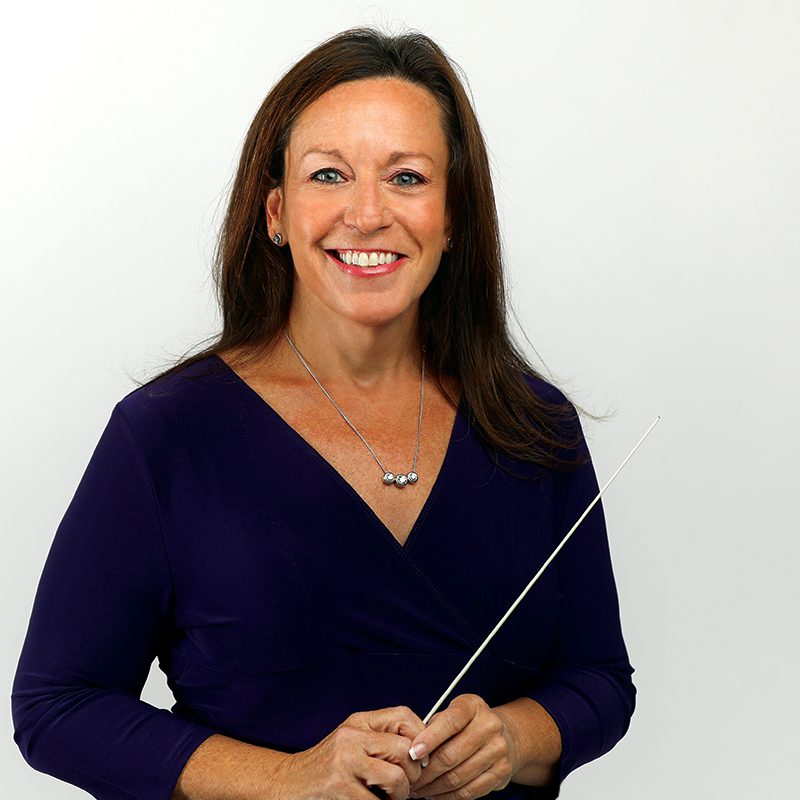
Sue Samuels

Music Performance Major F.A.Q.
An array of skills such as analytical, listening, creative, improvisation, communication, problem-solving, team-building, time management, interpretation and other skills position you for diverse career options.
Many of our graduates seek advanced degrees, while others have pursued a career as musician, singer, music director, worship music assistant, postsecondary teacher, instructor or tutor, music, dance and extracurricular instructor, higher education teacher, social and human services specialist, sales manager, business development specialist, product and marketing specialist, producer or director, general and operations manager, industrial production manager, chief executive, computer support specialist, human resources specialist, recruiter, legal assistant, network and computer systems manager, and entertainment and recreation manager.
Train a global lens on your passion for music through “Music in Italy.” The semester-long, conservatory-style program began in 2006 with a partnership with the Accademia dell’Arte in Arezzo. Each fall, 10 to 14 students study Italian and music history amid the Tuscan landscape.
On top of the Italian language component offered at the Accademia, you’ll study applied music (voice, instrumental or keyboard) in individual weekly lessons and coaching sessions with Italian music teachers. Furman faculty teach a music history course and an interdisciplinary, experiential course, “Italian Art and Culture,” featuring a series of excursions and lectures revealing the richness of Tuscany’s stunning visual art and architecture.
You’ll collaborate in several “Movement for Musicians” sessions taught by Accademia dell’Arte faculty, which allow you to spend class time together with the Accademia’s theater students. You’ll take part in performances of chamber music and solo recitals both at the Accademia and in local venues. Regular concert attendance in Florence, overnight excursions, along with independent travel opportunities during a week-long fall break give you ample opportunity to experience the cultural life of Western Europe.
If a shorter study away is more your style, sign up for courses such as May Experience (MayX) “Opera Overload.” Students split time between Greenville, South Carolina, and New York City, and explore opera, its history in the United States (with a focus on the Metropolitan Opera as an institution), and various topics related to opera, such as elitism, racism and issues of power and sexuality.
All students participate in a least one ensemble each semester during their Furman career. You’ll have the option to showcase your work in recitals and in Furman Engaged, a daylong celebration in which students come together each year to share their research, internships, performances, study away, visual art and more. Underscoring the close-knit relationships that emerge among professors and students, one of our jazz students has recently recorded an album with a faculty member, and has learned firsthand what it takes to perform on, co-produce and bring a project to market.
A large percentage of the Furman student body participates in music. Unique for a school of 2,600 undergraduates, we seat a full all-undergrad symphony orchestra, chamber strings, a jazz ensemble and multiple jazz combos, three choirs, a symphonic concert band, a marching band, a paid pep band, fully staged lyric theater with pit orchestra, and multiple pipe organs.
Furman offers a multitude of chamber music ensembles, state-of-the-art video streaming and interactive virtual classrooms.
The average base salary for graduates with a Bachelor of Music in performance is $54,986 annually, according to Zippia.com. If you are in the top 10% percent, Zippia.com projects that you will make over $105,000. Payscale.com estimates the average base salary for those earning a Bachelor of Music in performance at $90,000 annually.
The Bachelor of Music in performance degree at Furman is a four-year program.
